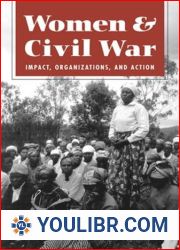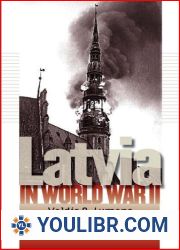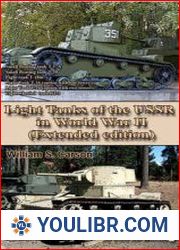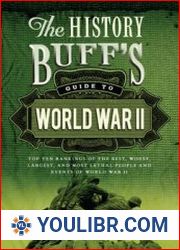
BOOKS - The Impact of World War One on Limerick

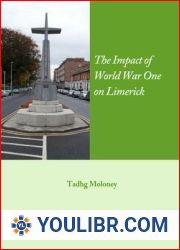
US $8.86

41616

41616
The Impact of World War One on Limerick
Author: Tadhg Moloney
Year: November 1, 2012
Format: PDF
File size: PDF 1.1 MB
Language: English
Year: November 1, 2012
Format: PDF
File size: PDF 1.1 MB
Language: English
This book examines the impact of World War One on the people of Limerick. It traces how recruitment, which was weak at the commencement of the war increased locally after the leader of the Irish Parliamentary Party, John Redmond issued his call for Irish nationalists and others to enlist and as the war progressed how Sinn Fein separatists impinged on recruiting efforts. It also shows that the British War Office were unwitting contributors to the separatists cause by their ill conceived actions that only assisted them in their political cause and anti-recruiting campaign. It also shows that the British War Office were unwitting contributors to the separatists cause by their ill conceived actions that only assisted them in their political cause and anti-recruiting campaign. It also tracks how the separatists gained considerably in strength locally both militarily and politically through the inept policies that changed public support for the war effort, thereby paving the way for the Sinn Fein victory in the General Election of December 1918. Thus giving credence to the author and poet Robert Graves' description that Limerick had become a Sinn Fein ridden town. Further to this it demonstrates that despite the best efforts of local capitalists to procure war work contracted out by the British War Office only very little was achieved, the War Office ensuring that the vast array of such work was to remain in Britain. Some local capitalists did of course gain as a result of the war, these were notably those such as merchants and farmers who were in a position to provide Britain and her army with all the foodstuffs that she required. Those on low incomes namely the working class who also provided the majority of recruits for the armed forces were to suffer through the ever-increasing price rises. This book therefore reveals a complex scene where social, and political alignments reflect much of what was happening nationally but also had uniquely local characteristics.




























